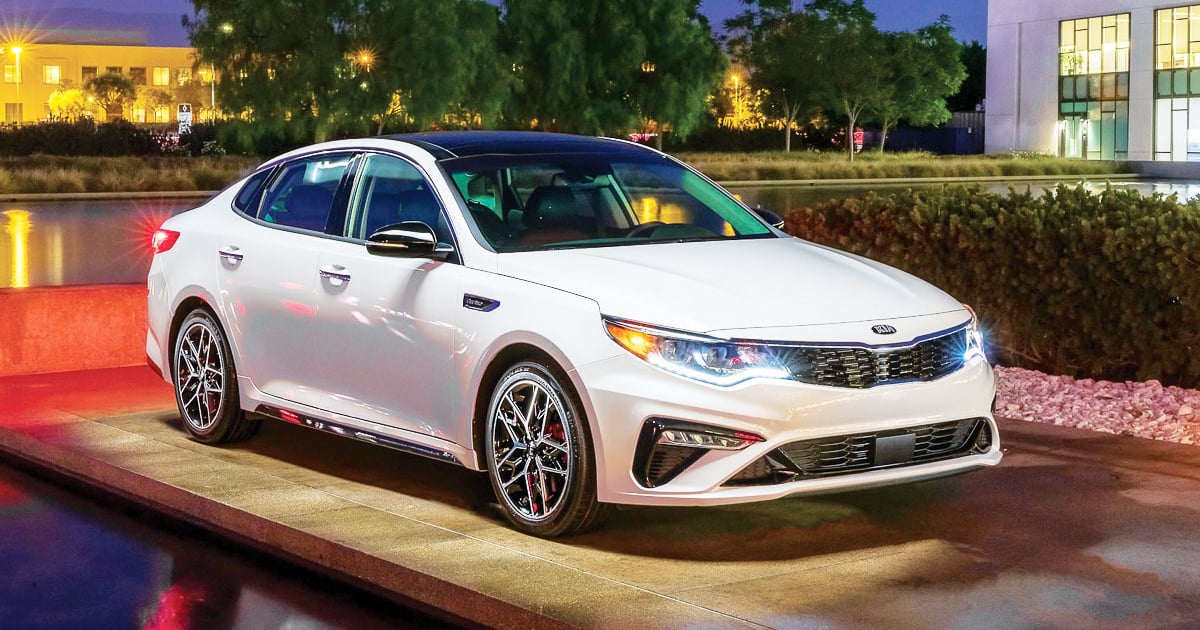
The software fixes that Kia and Hyundai are distributing to help stop a nationwide crime fad in hot-wiring their older vehicles may need fixes of their own.
Both auto companies have notified their dealers that the software solutions are not working perfectly.
According to a service bulletin sent from Kia America to its dealers in February, the company identified a compatibility issue involving vehicles equipped with remote start accessories.
Another bulletin, issued last week, said the problem has not been remedied.
A spokesperson for Kia confirmed that the issue persists, but the company expects to release a new version of the software update this month that is compatible with the subset of vehicles equipped with remote start. The automaker remains “confident” the upgrade works as designed for eligible models, the spokesperson said.
The same software update is also available for older Hyundai models not equipped with an anti-theft device.
The most recent Hyundai service bulletin sent to dealers in April also advises that vehicles with aftermarket or add-on alarms or remote start systems may not operate normally if the software patch is installed.
A Hyundai spokesperson told Automotive News that a small number of Hyundai vehicles equipped with remote start systems may not operate normally when used in conjunction with the anti-theft software, and that engineers are working to resolve the conflict in communication with dealers and affected customers.
Affected vehicles are located in colder climates where the remote start feature is more popular, the spokesperson said.
The upgrades are part of a campaign the companies launched in February to protect 7 million Hyundai and Kia vehicles from the 2011 through 2022 model years that are vulnerable to hot-wire theft. Thieves can quickly break into the vehicles, pop off their steering wheel columns and start the car with a USB plug or a similarly shaped tool.
A video demonstrating how to start the vehicles surfaced on TikTok last year and set off a nationwide crime spree.
Hyundai and Kia are both having robust U.S. sales this year. New-vehicle sales for the Hyundai brand are up 16 percent for the first five months of 2023 from a year earlier, while Kia America is up by 21 percent, according to the Automotive News Research & Data Center.
But owners of older-model Hyundai and Kia vehicles impacted by the TikTok-inspired crime wave have agitated for relief from the automakers for months. In April, the companies agreed to pay $200 million to settle a class-action lawsuit brought by owners in states around the country. They are still facing lawsuits from a variety of litigants, including 68 insurance companies claiming the easy-to-steal vehicles are costing them money.
The retroactive software patch is intended to help get the crisis under control. It is meant to deter thieves from targeting specifically older Kia and Hyundai vehicles not equipped with engine immobilizers, a theft prevention technology that keeps a car from starting without the key in the ignition.
Last week’s Kia bulletin, specific to Optimas built between 2011 and 2020, said the upgrade causes a vehicle’s alarm to go off when the remote start is used.
It also stated that the software update is being delayed for these vehicles unless the consumer is made aware of the issue and decides to move ahead.
“A lot of these fixes can create other problems and we don’t know how long they were working on this fix, but it can take quite a bit of time to validate it and ensure that the system is working as intended under conditions expected,” Sean Kane, founder and president of the motor vehicle safety advocacy group Safety Research and Strategies, told Automotive News.
“Software updates on complex vehicles are no small undertaking if you’re going to do the validation fully and thoroughly,” Kane said, noting that new vehicles can have more than 100 million lines of code.
Hyundai and Kia estimate there are 9 million affected vehicles between them on the road. Only 7 million of these — 3.8 million from Hyundai and 3.2 million from Kia — are eligible for the upgrade because they are equipped with burglar alarms. The companies have been working to get steering wheel locks to the balance of owners whose vehicles are ineligible for the upgrade.
In the meantime, getting consumers to complete the upgrade is slow going.
Hyundai said only 9 percent of its eligible vehicles have been updated with the fix so far, while Kia said 11 percent of its eligible vehicles have undergone the upgrade.

